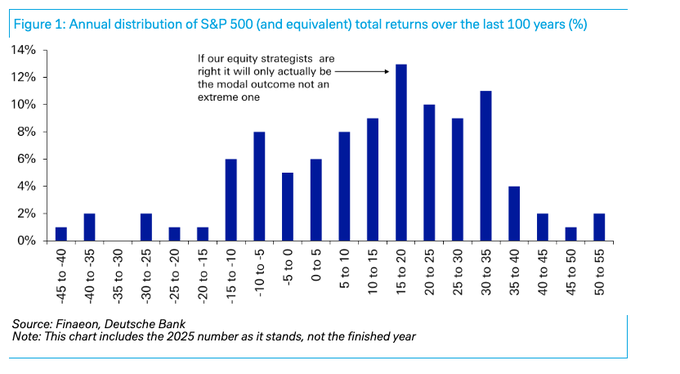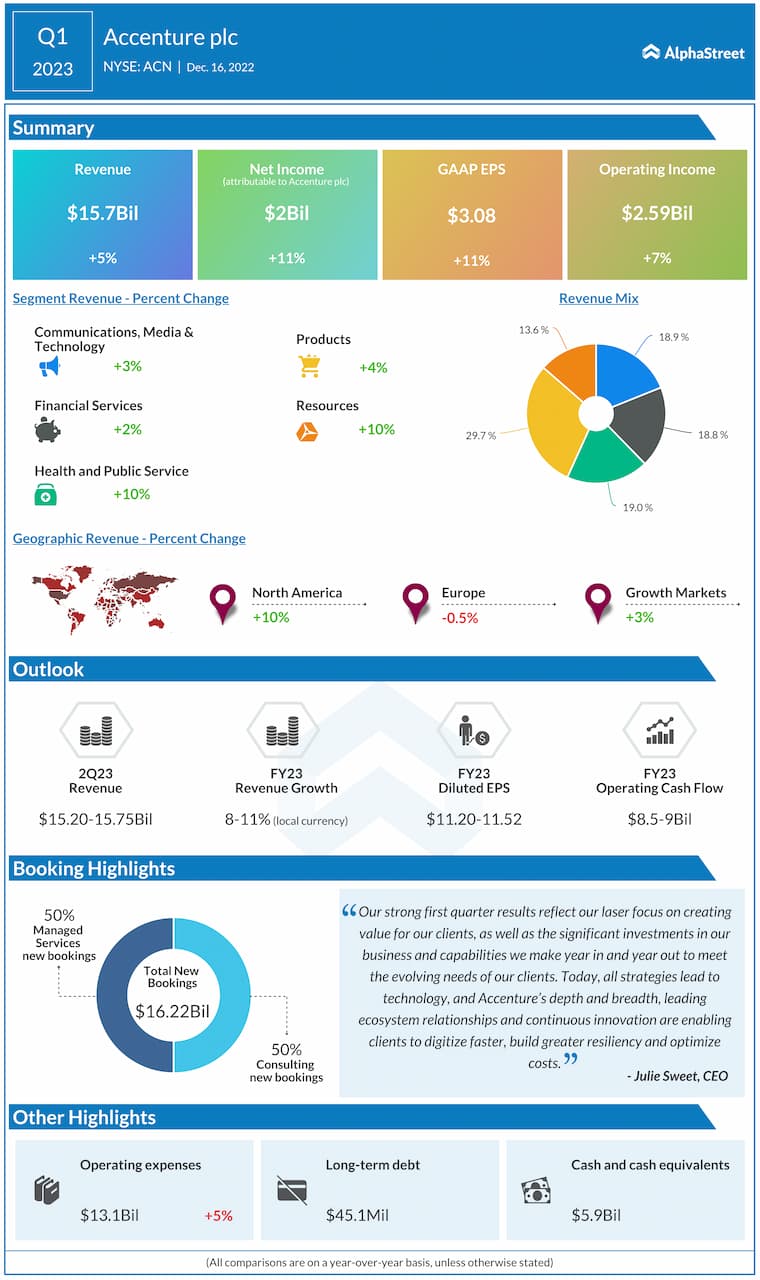Finance Minister Nirmala Sitharaman on Friday said the upcoming Union Budget for 2023-24 — the last full Budget before the general elections — will follow the “spirit of earlier Budgets” and would roll out further measures to help transform the country into a developed one by 2047.
Delivering the keynote address at FICCI’s 95th annual convention in the capital, Sitharaman said the template for a growth-oriented economy — already set in place through earlier budgets of the Modi-led government — would be further built upon in the upcoming Budget, as part of India’s march in the Amrit Kaal over the next 25 years.
Sitharaman’s remarks point to the fact that the upcoming Budget would further the larger government objective of ease of doing business, bringing clarity and certainty in taxation policy and pushing the fastest growing large economy into an even higher growth trajectory.
Despite global headwinds such as central bank interest rate tightening, high inflation around the world, geopolitical tensions such as the Russia-Ukraine conflict, India is poised to clock a real GDP growth rate of 6-7 per cent in 2023-24.
CLIMATE ACTION TAX
The Finance Minister wanted industry to be fully seized of the increased costs they will face in the transition to cleaner energy. Sitharaman urged industry to detail how climate change is affecting its business and what kind of policy response may be needed to tackle the “tariff walls” being erected by the developed world in the name of climate change.
Fm Nirmala Sitharaman On Climate Change And Skilling India
Finance Minister Nirmala Sitharaman giving the Keynote Address at the 95th FICCI Annual Convention and Annual General Meeting (AGM) in New Delhi.Video Credit: Kamal Narang
“Climate change adjustments of countries is becoming a cost to us. How are we going to face this. I want Industry to tell me,” Sitharaman said.
Taking the example of steel, Sitharaman said when the metal is exported from India, the industry is bound to face tariff walls such as ‘climate action tax’.
Industry needs to ponder on “how are you going to reduce the burden of costs that are going to come on you,” she added.
STARTUPS, INNOVATION
Sitharaman urged industry to keep a close watch on the innovations of the startups, and the energy and enthusiasm with which they are moving ahead. She also said India should continue focusing on manufacturing and on newer areas of services, particularly the IT-driven service sector that has already made a good impact.
“Manufacturing industry can benefit from the new energy of start-ups. The path for Indian industry is enriched by government policy, start-ups and a frenetic pace of innovation. It’s for us to pick up and scale up,” Sitharaman said.
MARKET POTENTIAL
Referring to the World Economic Forum data, Sitharaman said India would add an additional 140 million middle-income households and 14 million high-income households by 2030. “This tells you markets of a scale exist. India’s Amrit Kaal is waiting for you to optimally utilise and that is directly linked to what you are looking for in demand generation,” she added.
India has Numbers which It can be Looking at As Positives: FM Nirmala Sitharaman
Finance Minister Nirmala Sitharaman delivering the Keynote Address at the 95th FICCI Annual Convention and Annual General Meeting (AGM) in New Delhi.Video Credit: Kamal Narang
FICCI President Sanjiv Mehta said India is on the cusp of becoming the third largest economy. The transformation policy and reform measures taken by the government have helped strengthen the foundation for it, Mehta added.
Industry’s own growth and profits are intertwined with the people and planet approach, he said.
















